Filter by
The language used throughout the course, in both instruction and assessments.
Choose the Java Data Structures Course That Aligns Best With Your Educational Goals
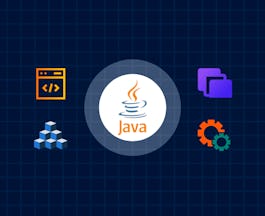
Board Infinity
Skills you'll gain: Java Programming
 Status: Free
Status: FreePrinceton University
Skills you'll gain: Algorithms, Computer Programming, Data Structures, Java Programming, Problem Solving, Programming Principles, Theoretical Computer Science, Computational Thinking, Critical Thinking

Duke University
Skills you'll gain: Computer Programming, Java Programming, Programming Principles, Algorithms, Problem Solving, Data Structures, Software Engineering, Computer Programming Tools, Critical Thinking, Computational Thinking, Data Analysis, Javascript, Software Testing, Front-End Web Development, HTML and CSS, Web Design, Web Development, Web Development Tools, Application Development, Computer Graphic Techniques, Software Architecture, Data Model, Cryptography, Software Engineering Tools, Theoretical Computer Science

Duke University
Skills you'll gain: Algorithms, Computer Programming, Data Structures, Java Programming, Problem Solving, Programming Principles, Software Testing, Cryptography, Software Engineering, Theoretical Computer Science
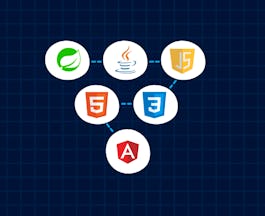
Board Infinity
Skills you'll gain: Algorithms, Computer Programming, Java Programming, Javascript, Web Development
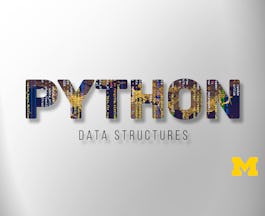
University of Michigan
Skills you'll gain: Algorithms, Computational Logic, Computer Programming, Computer Programming Tools, Critical Thinking, Data Structures, Problem Solving, Programming Principles, Python Programming, Software Engineering

University of California San Diego
Skills you'll gain: Computer Programming, Java Programming, Data Structures, Algorithms, Problem Solving, Programming Principles, Critical Thinking, Software Engineering, Computational Thinking, Communication, Computer Programming Tools, Data Analysis, Theoretical Computer Science, Computational Logic, Computer Graphics, Visualization (Computer Graphics), Recruitment, Training, People Analysis
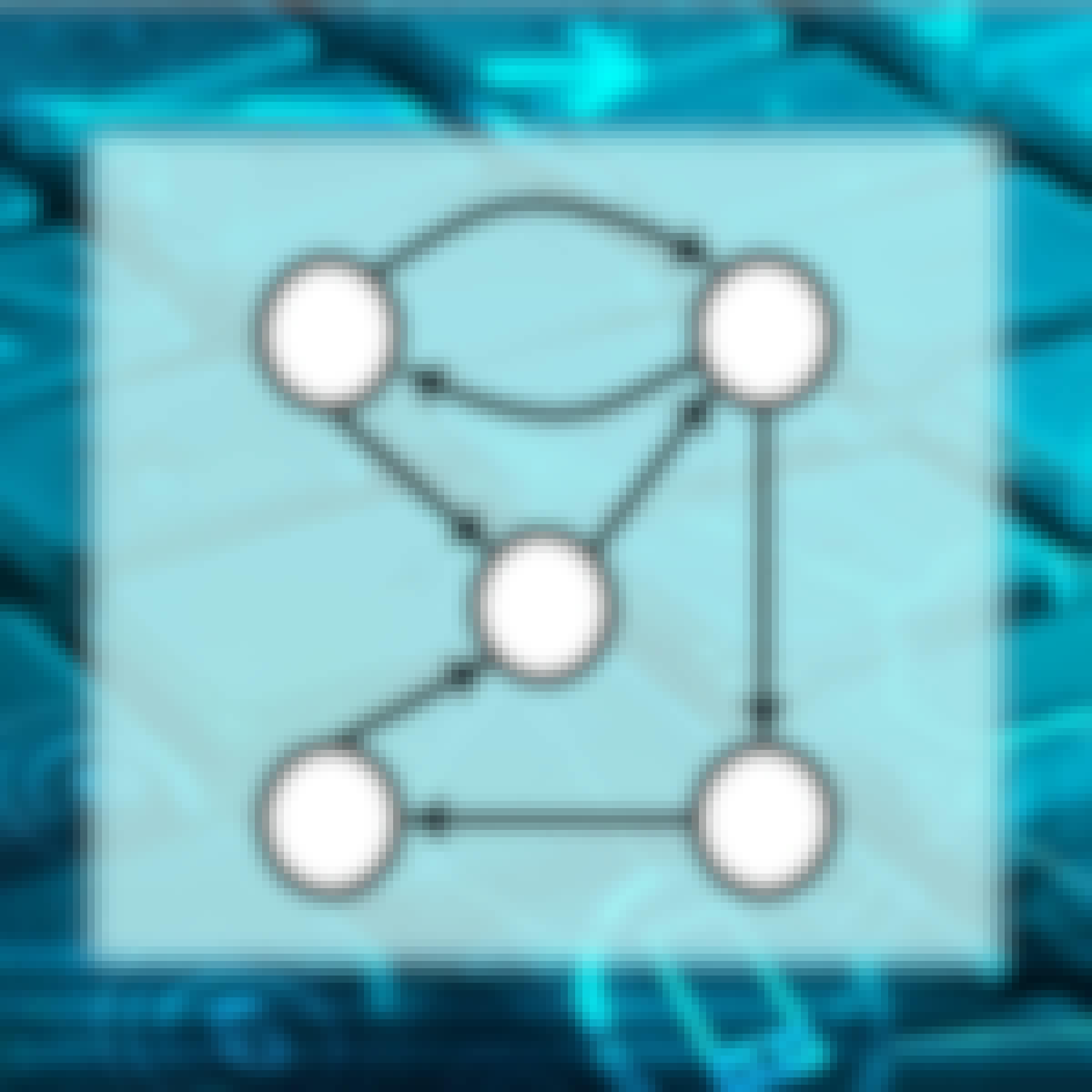
University of California San Diego
Skills you'll gain: Computer Programming, Java Programming, Data Structures, Theoretical Computer Science, Algorithms
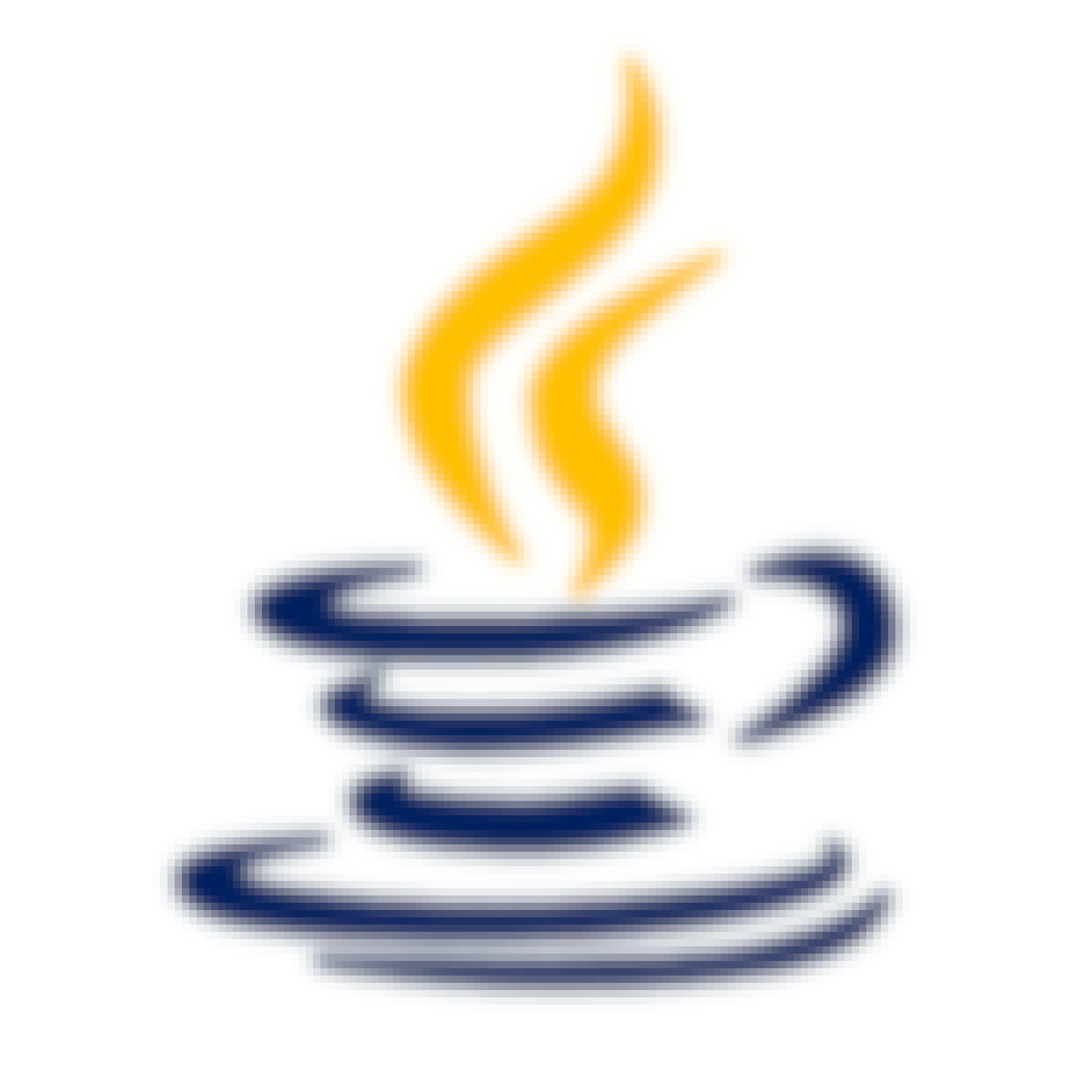
LearnQuest
Skills you'll gain: Computer Programming, Java Programming

Multiple educators
Skills you'll gain: Computer Programming, Java Programming, Algorithms, Data Structures, Problem Solving, Programming Principles, Computational Thinking, Computer Programming Tools, Critical Thinking, Software Engineering, Computational Logic, Data Analysis, Visualization (Computer Graphics), Software Testing, Computer Graphics, Theoretical Computer Science, Cryptography

University of California San Diego
Skills you'll gain: Data Structures, Algorithms, Computer Programming, Java Programming, Problem Solving, Programming Principles, Computational Thinking, Critical Thinking, Data Analysis, Software Engineering

University of London
Skills you'll gain: Computer Programming, Problem Solving
Searches related to java data structures
In summary, here are 10 of our most popular java data structures courses
- Data Structures & Backend with Java: Board Infinity
- Algorithms, Part I: Princeton University
- Java Programming and Software Engineering Fundamentals: Duke University
- Java Programming: Arrays, Lists, and Structured Data: Duke University
- Java FullStack Developer: Board Infinity
- Python Data Structures: University of Michigan
- Object Oriented Java Programming: Data Structures and Beyond: University of California San Diego
- Advanced Data Structures in Java: University of California San Diego
- Introduction to Java: LearnQuest
- Object Oriented Programming in Java: University of California San Diego










